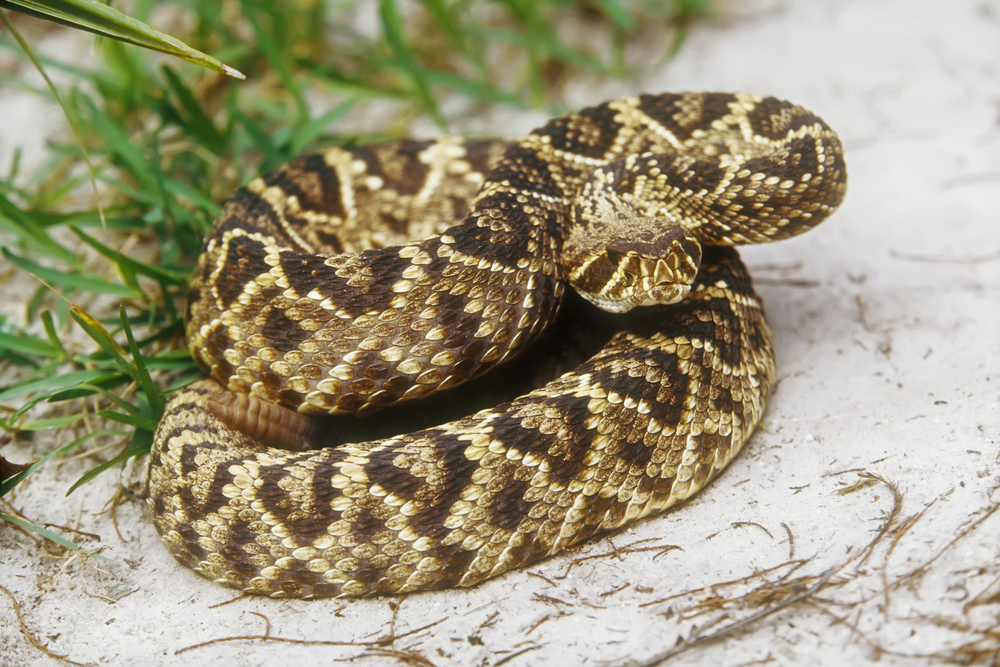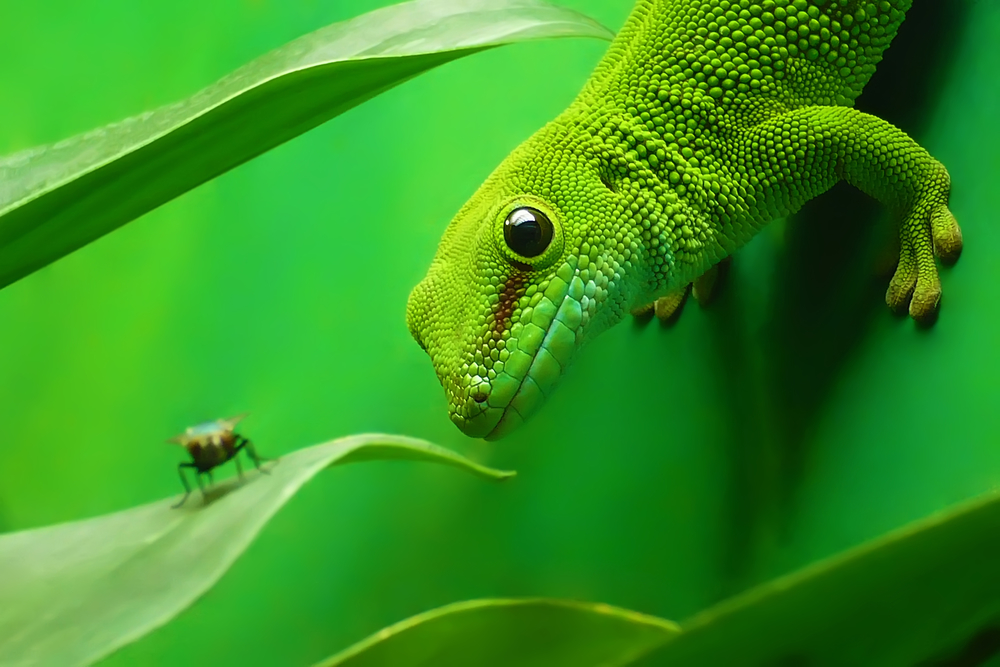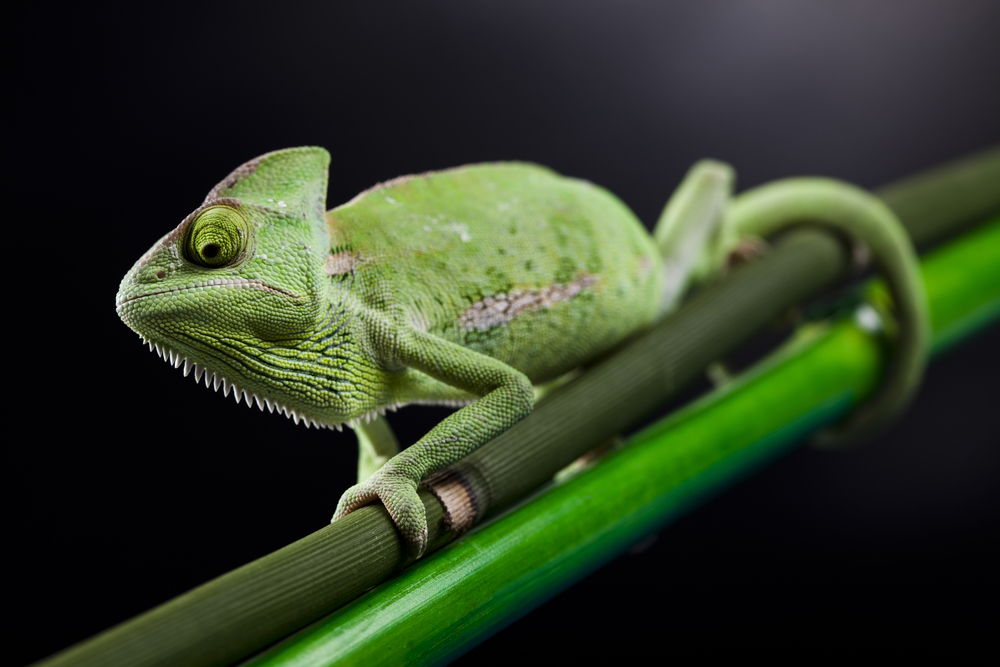Of course, you don’t need to cook for your reptile; you just need to know how to serve them what they need to stay healthy and happy.
Reptiles that eat vegetables are happiest when their meals are cut into tiny pieces that fit comfortably in their mouths because then it takes less work for them to eat and digest the food. This also helps them get a variety of veggies. Sometimes a reptile will pick out its favourite type of vegetable, and eat only that – which means it might not get the nutrition it needs. Is your herbivore being picky, Try adding yellow vegetables or flowers that are reptile-safe in the fine mix you provide.
Insect-eating reptiles get by very well on crickets and worms. In the case of crickets, it’s a matter of dumping them carefully into your herps tank and letting him hunt for them. In the case of earth worms, it might be necessary to cut the worm up into smaller pieces to make it easier to eat. There are special powdered vitamins for reptiles that insects can be coated with in order to supplement the reptile’s diet.
Omnivores, reptiles that eat vegetables and meat or possibly vegetables and insects should be well cared for. Their needs are more complicated then herps who eat one type of meal or another. It is therefore important to research your specific reptile’s needs well.
Meat-eating reptiles, carnivores, get by well on pre-killed, frozen meals. They eat sparingly, and it is often wise not to touch or handle them for 48 hours after they’ve eaten as they may be grumpy or get nauseous if you do. Pre-killed meals are vital to your reptile’s health so they do not accidentally get scratched or bitten by the feed animal.
If your pet isn’t eating well, talk to your veterinarian about it. Take note of habitat, type or meal, and age of your reptile when speaking to your vet.













